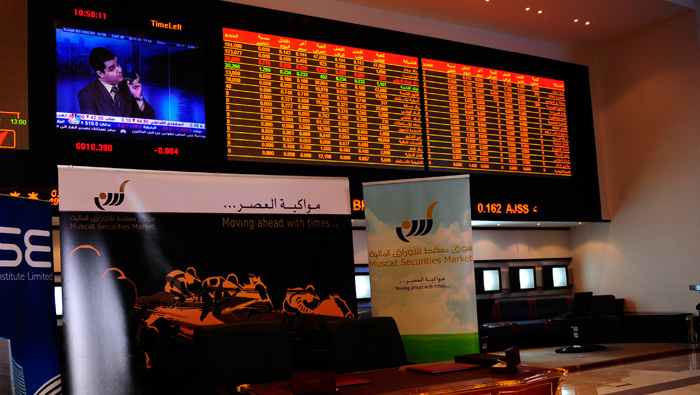
Muscat: In a move to improve liquidity and trading volumes, the Muscat Securities Market (MSM) has decided to cut brokerage fee or cost of transaction of ‘day traders’ on the bourse by half. Day trading on the bourse is buying and selling of stocks within the same day or trading session.
“The idea is to enhance liquidity in the market. With a reduction in brokerage fee, day traders can easily enter the market. The cost of transaction will be brought down as much as we can,” Ahmed Saleh Al Marhoon, director-general of the Muscat Securities Market, told the ‘Times of Oman’.
He explained that the plan is to cut both fee paid by brokerage firms to the bourse as well as the fee paid by investors/clients to their brokerage firms by 50 per cent in the case of day trading activity.
The brokers pay a fee of 0.1 per cent to the MSM for normal trading, while the fee paid by investors/clients to brokerage companies is 0.35 per cent. This include brokerage firm’s fee of 0.1 paid to the bourse for share trading.
Muscat Securities Market has been facing low liquidity with the average daily traded volumes hovering around OMR2 million last month, while the average daily turnover was around OMR4 million since the beginning of the year.
“We hope that the reduction in brokerage fee or transaction cost is an encouragement for day traders to become more active on the bourse,” added Al Marhoon.
The new decision will be implemented at any time between November 1 and 15. “Things are progressing faster than we expected. Our plan is to introduce the new brokerage fee for day traders by mid-November. However, it could be even introduced by November 1. Brokerage firms have to make some adjustments in their computer systems to implement a cut in brokerage fee for day traders,” explained Al Marhoon.
Al Marhoon added that Gulf Cooperation Council (GCC) nations as a whole are facing low traded volumes on the market due to prevailing slackness in crude oil prices, which is affecting public spending and the corporate sector.